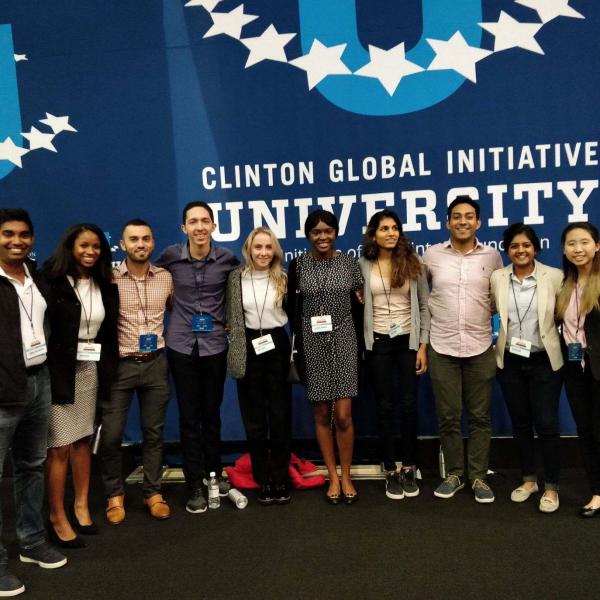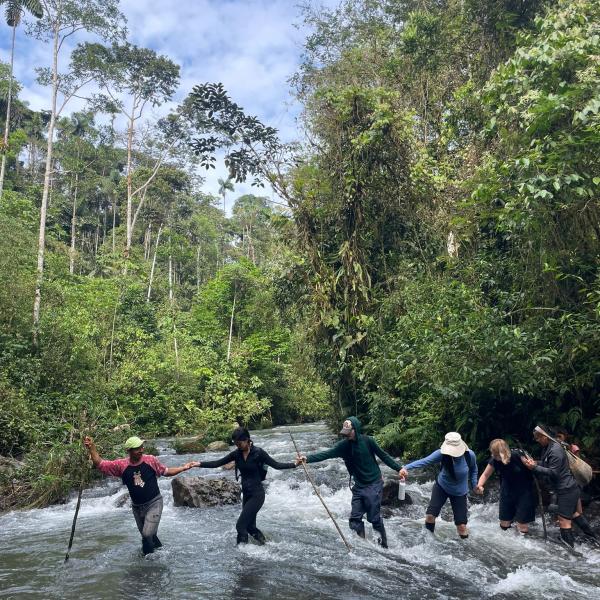Overview
The program examines different development and resource management models that Costa Rica uses to protect the biodiversity of its ecosystems while promoting socioeconomic benefits for its people. Students will examine the effects of globalization on development issues such as agriculture, biodiversity protection, economic development, urban sprawl, population growth, waste management, and water quality.
Visits to cloud forests, dry forests, volcanoes, lowland rainforests, farms, and plantations offer opportunities to examine management schemes, identify benefits of protected areas, and determine which systems offer the best options for economic development, the maintenance of cultural norms, and the preservation of biodiversity.
Program Highlights
- Take an extended field expedition to Nicaragua to compare and contrast development and resource-use issues: hike the volcanoes of Isla Ometepe; explore the rich cultural history of Granada; and study impacts of tourism in the region
- Visit several national parks to investigate the pressures of ecotourism on small gateway communities and learn about tropical forest ecology
- Explore Monteverde Cloud Forest Reserve, a protected area rich in biodiversity and cultural significance
- Explore Poás Volcano National Park, learning about the geology of Costa Rica and highland ecosystems, management strategies in national parks, and park usage by visitors
Directed Research
Through Directed Research (DR)—as opposed to basic, applied, or independent research—students conduct research on a specific topic that is part of the SFS Center’s long-term strategic research plan, which has been developed in partnership with local community stakeholders and clients.
The course, taught by resident SFS faculty, provides students with the opportunity to apply the scientific process in a mentored field research project that addresses a local environmental issue. Through the DR project, students contribute to a growing body of scientific research that informs local conservation and resource management decisions.
How do I choose among programs?
- See the Office of Global Learning’s “Selecting a Program” page for information on program types and considerations
- Use the search features on the Experience Cornell Opportunities page to filter for programs approved by your college, and by particular subject areas
- Go to the “Get Advice” page for information on drop-in advising hours, scheduling an advising appointment, returned student contacts, and college advisors for study abroad
- Find out about upcoming events, check out FAQs, and read stories from returned study abroad students
How do I apply?
Applying to study abroad is a two-step process. You may complete both steps simultaneously, but the Cornell approval process must be complete before your program advisor in the Office of Global Learning can submit any approval or nomination to the program.
- For Cornell Approval, click on the "Apply" button on this webpage. Applications are approved by the Office of Global Learning on a rolling basis until the application deadline listed on this page.
- For Program Admission, complete an external application directly on the program’s webpage, using the link in the “Snapshot” section. (Note: This deadline may be in advance of the general Cornell deadline for approval. Many programs fill by rolling admission.)






